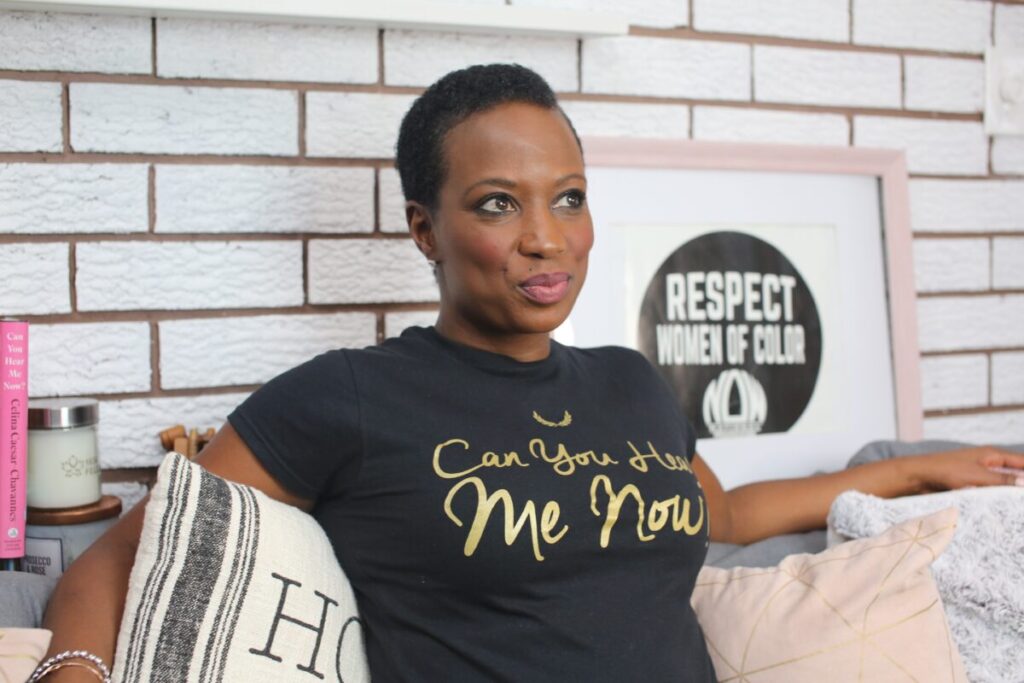You might find relationships hard to navigate, but they get a bit easier when you incorporate boundaries into them. Boundaries are your key to staying comfortable in relationships, and they can be used to test the strength of your bonds with other people.
What Are Boundaries?
When you set up boundaries, you are defining what you will tolerate from other people who interact with you, and what you’ll tolerate about yourself. Boundaries are psychological borders between you and other people, and they are established through clear verbal communication and sometimes, body language.
A boundary is any self-imposed limitation designed to keep you comfortable and on track, either by allowing you to maintain separation from other people or helping you follow a personal moral code.
It’s important to note a boundary should not infringe on another person’s right to exist. Boundaries are about what you’re personally willing to do or have done to you. Anything that harms you is a boundary violation. Any way you try to dictate the general direction of someone’s life that goes against their happiness and health is an overstepping of boundaries.
Why Do We Set Boundaries?
Boundaries guarantee everyone involved in a relationship or establishment retains a sense of personal autonomy, with no one ending up exhausted or distressed by exchanges with other people. Boundaries allow everyone to feel safe, supported, and heard in a social context. They set the tone for how people should behave around you in order for you to feel stable, and how you should behave in order to feel good about yourself.
Anyone can set boundaries with you, and you’re expected to abide. Likewise, you’re allowed to set boundaries with anyone, and they are expected to adhere to them. If someone continually refuses to respect your boundaries, that’s grounds for the termination of your relationship with them.
Another person may also cut you out of their life if you don’t respect their boundaries. You may also walk away from a relationship if you find their boundaries naturally clash with yours. For example, someone may prefer a partner who is more independent, but this is at odds with your need for regular contact.
Examples of Boundary Types
- Physical Boundaries: Deciding how you’d like to be touched or how close you want another person to get, choosing when to rest or keep moving; making dietary choices, and refusing to accept meals that contain ingredients you won’t eat.
- Emotional Boundaries: Deciding what topics are off limits in conversations, how emotionally vulnerable you’ll be with someone, when you want to be alone to decompress, and how much help you’re capable of offering.
- Material Boundaries: Choosing what to do with your money, your personal property, or your car; deciding what pieces of clothing you’d enjoy wearing.
- Time Boundaries: Picking the amount of time you’d like to devote to a task, deciding how to fill your time, filling your time with activities you feel good about.
Can Boundaries Ever Be Bad?
Some boundaries are reasonable, whereas others can be unhealthy. Healthy boundaries do not come off as attacks on other people, and are appropriately flexible to accommodate other people’s hopes when and if you’re ready to compromise.
Boundaries can start to be unreasonable and unhealthy when they’re too rigid or too porous. Some boundaries are so unbreakable, other people can’t talk to you, leaving them feeling emotionally stranded or disliked. Other people tend to set absolutely no boundaries or set boundaries they quickly abandon, meaning they are left feeling frequently disregarded and hurt.
The concept of boundaries can also be dangerous if someone mistakes another person’s refusal to be controlled, mistreated, and exploited as boundary violations. Some people may also assume it’s a boundary violation if another person makes a choice they personally would never make themselves. Boundaries can also seem faulty if one person expects all their own boundaries to be followed, but won’t return the favour.
How to Enforce Boundaries
Be clear and don’t raise your voice. A boundary is not a command, it’s an assertion. When you’re assertive, you’re telling people what you want and need in a transparent, calm manner.
It’s important to understand it’s your right to communicate your concerns with other people and take measures to protect your well-being. Some people may not set limits with others because they feel guilty about saying “no” to people, but you do not have to participate in any activity that makes you feel uncomfortable.
Luke Miles | Contributing Writer








